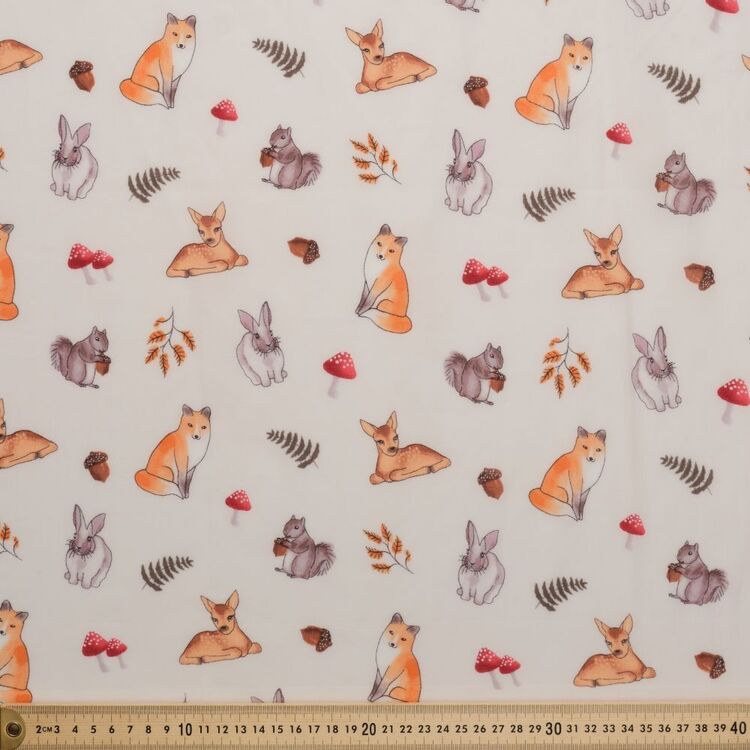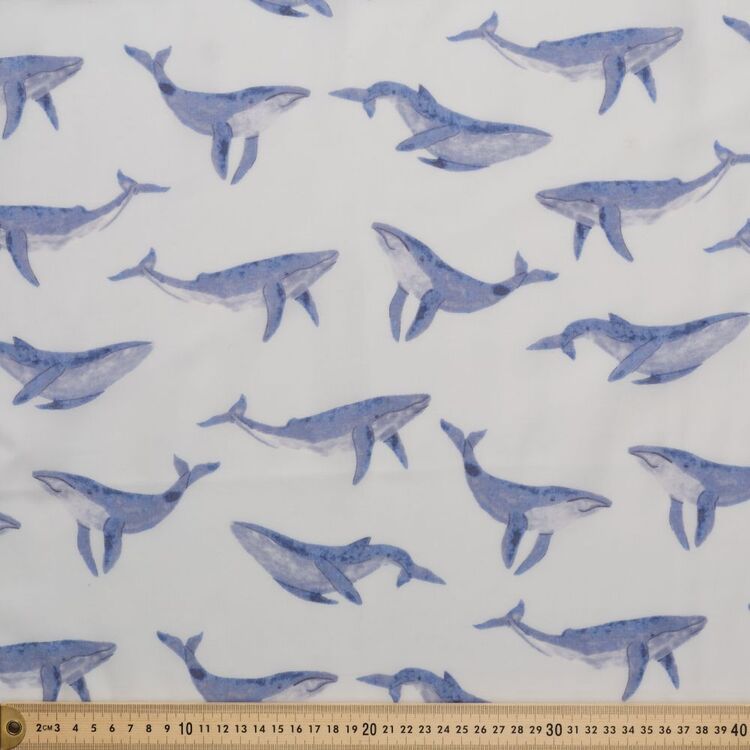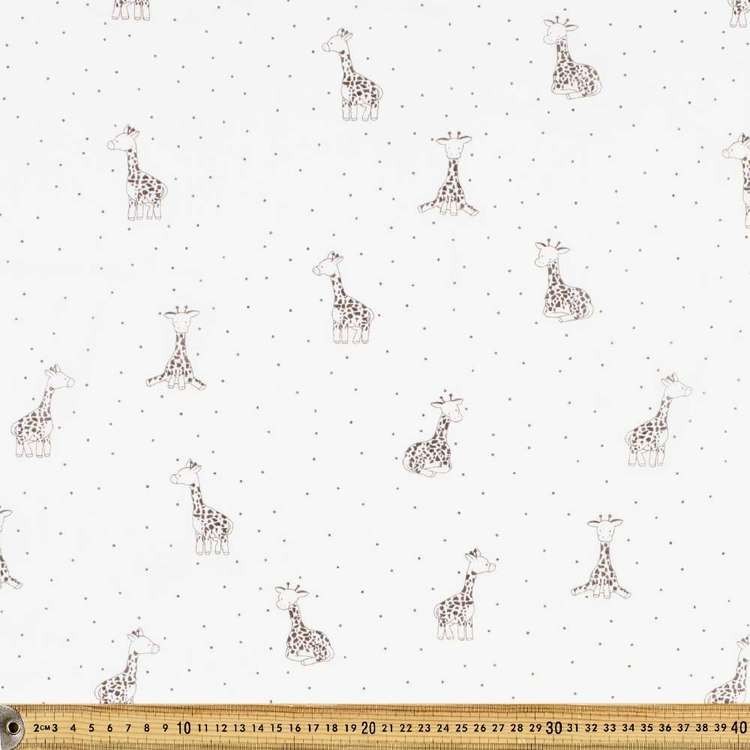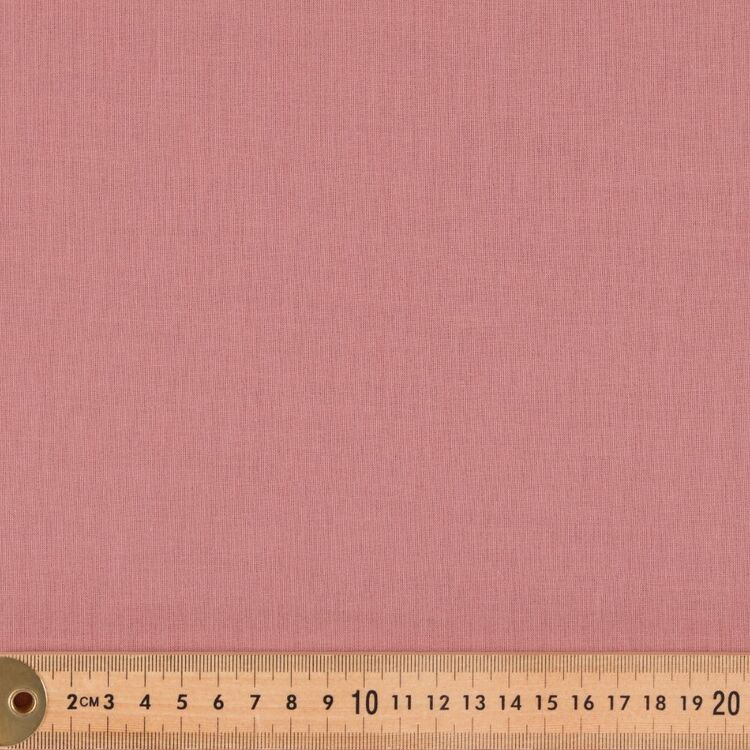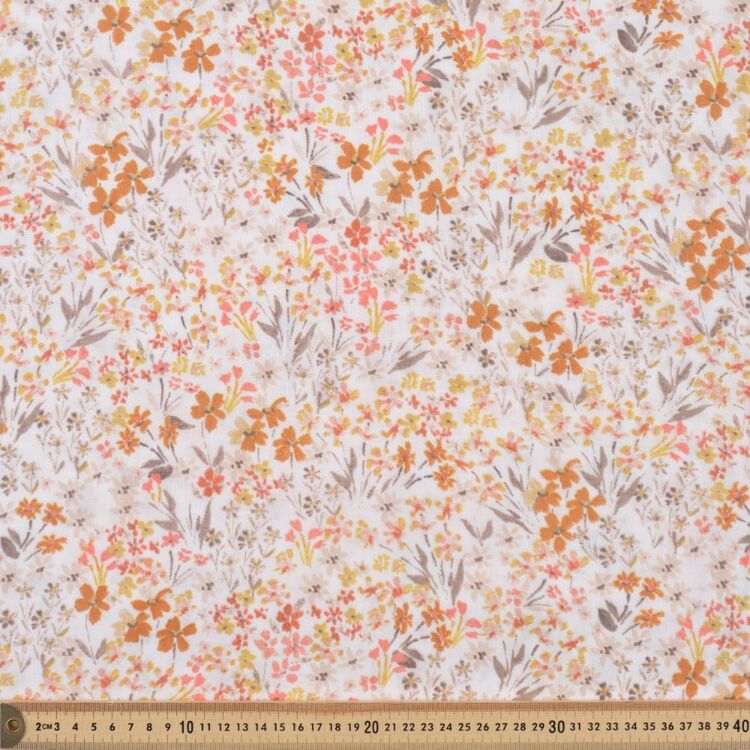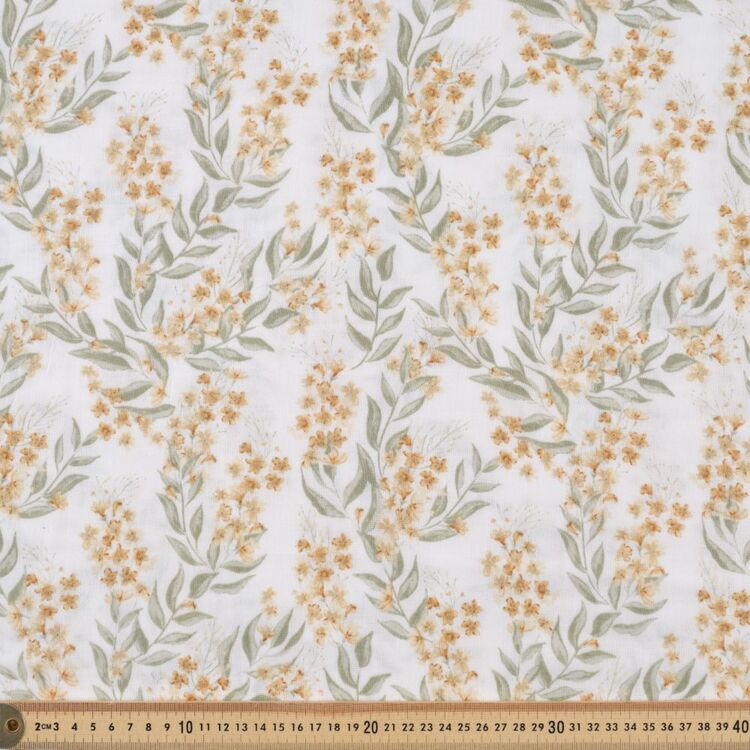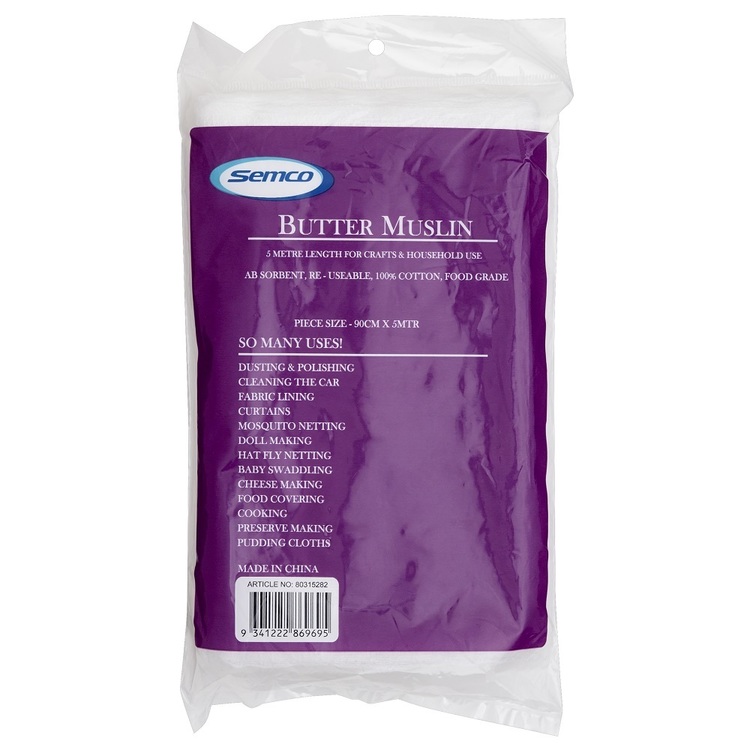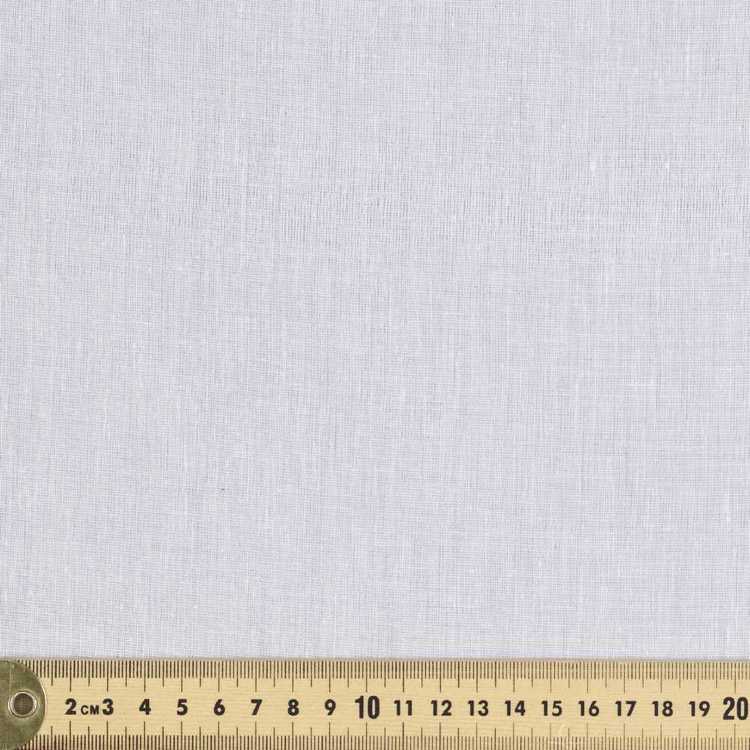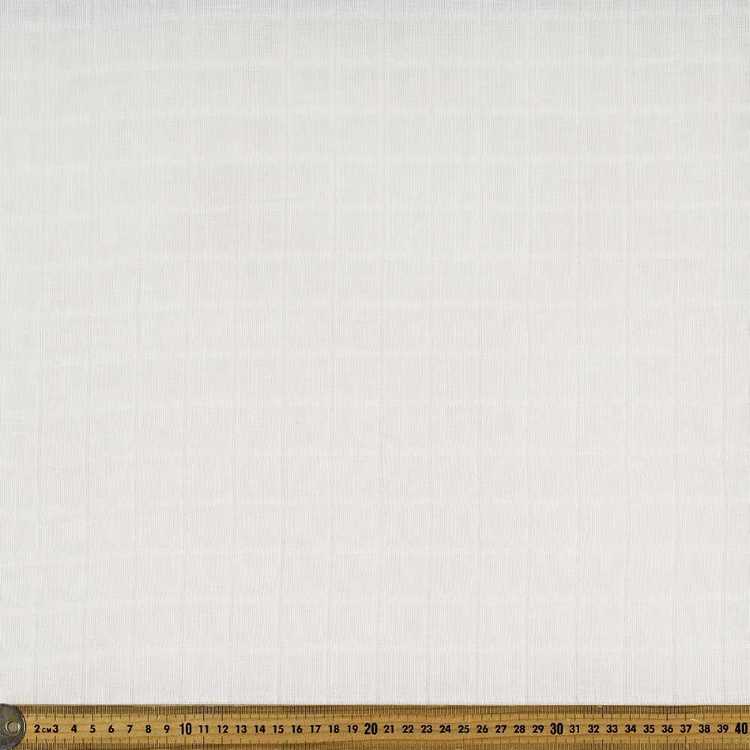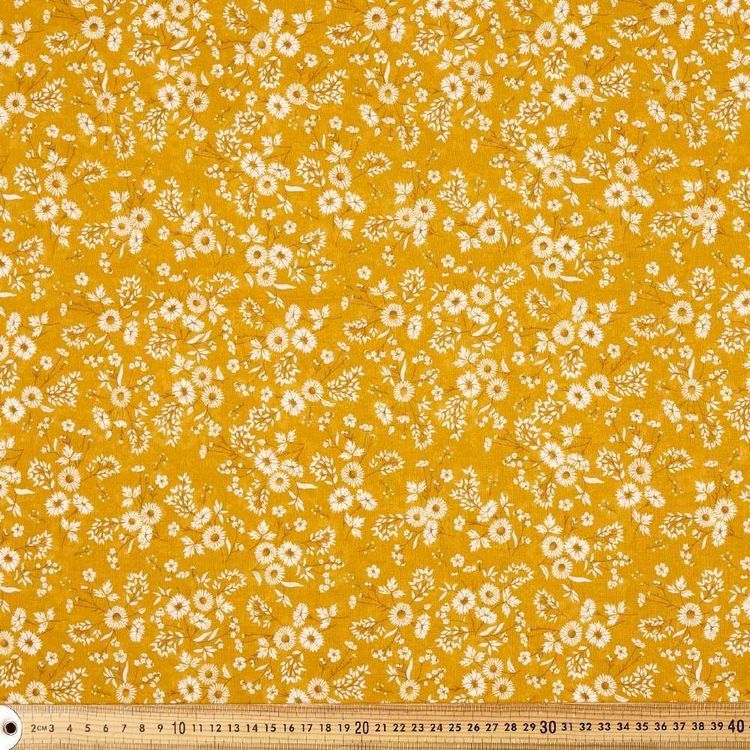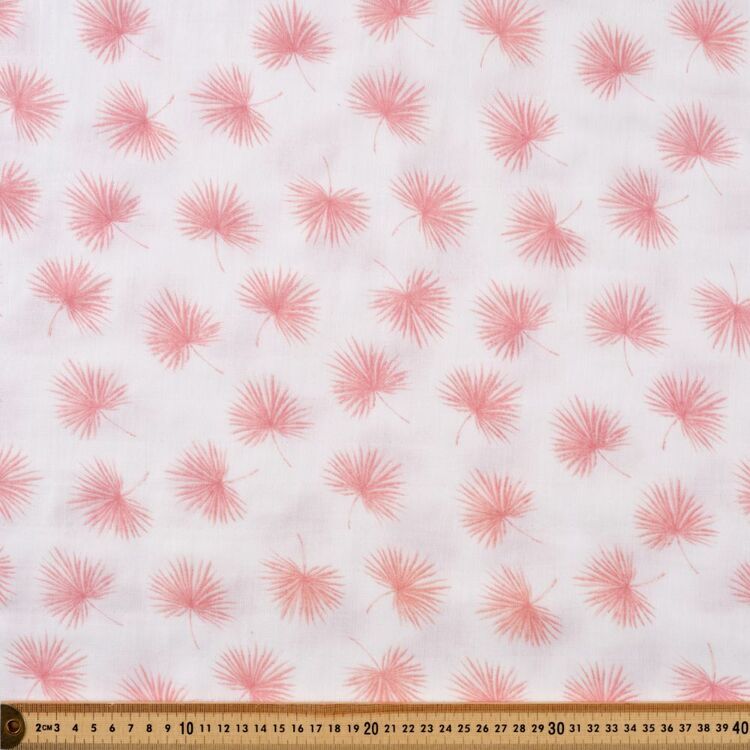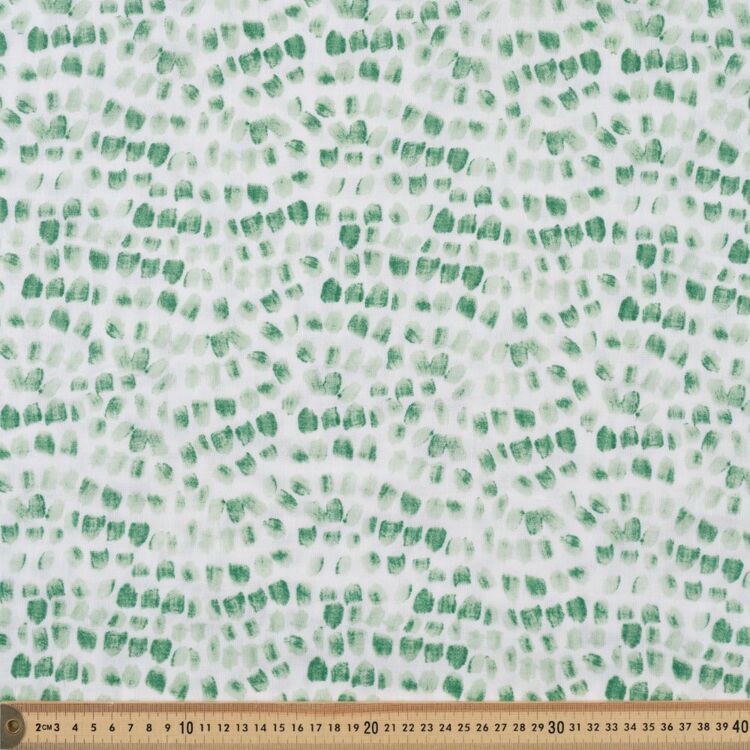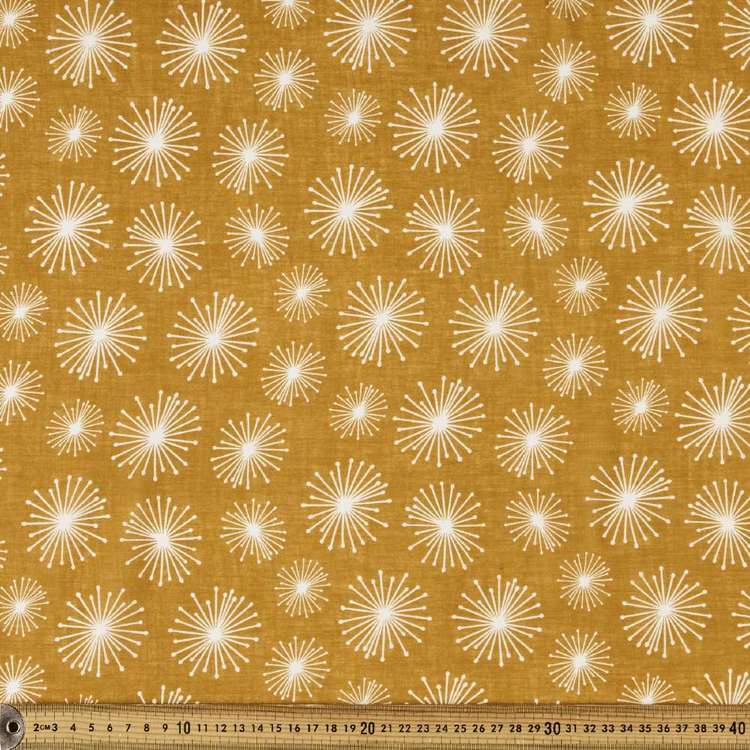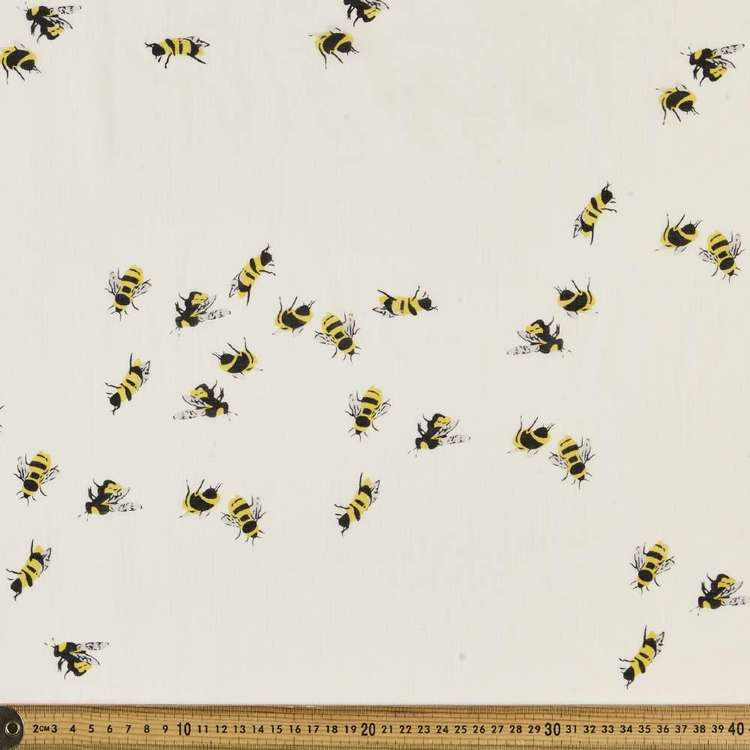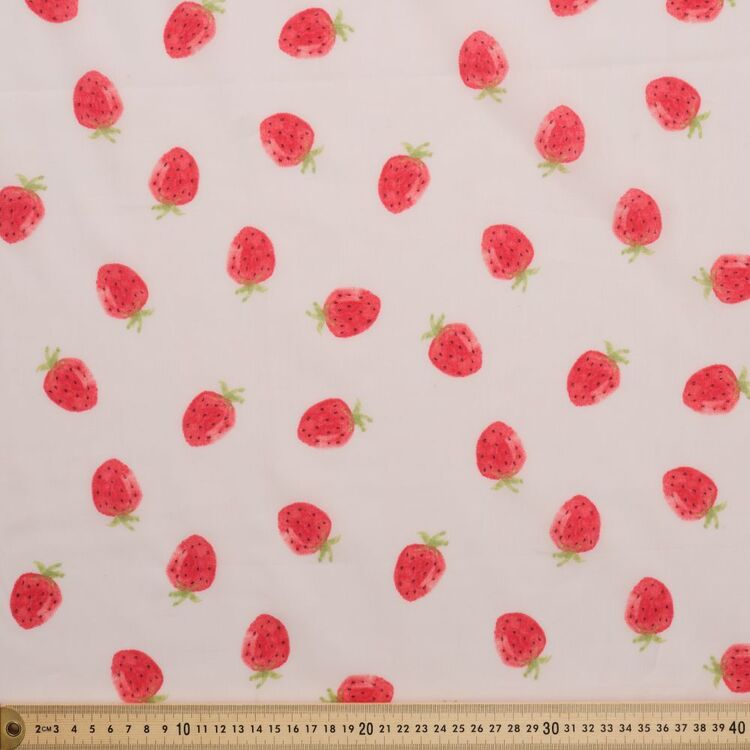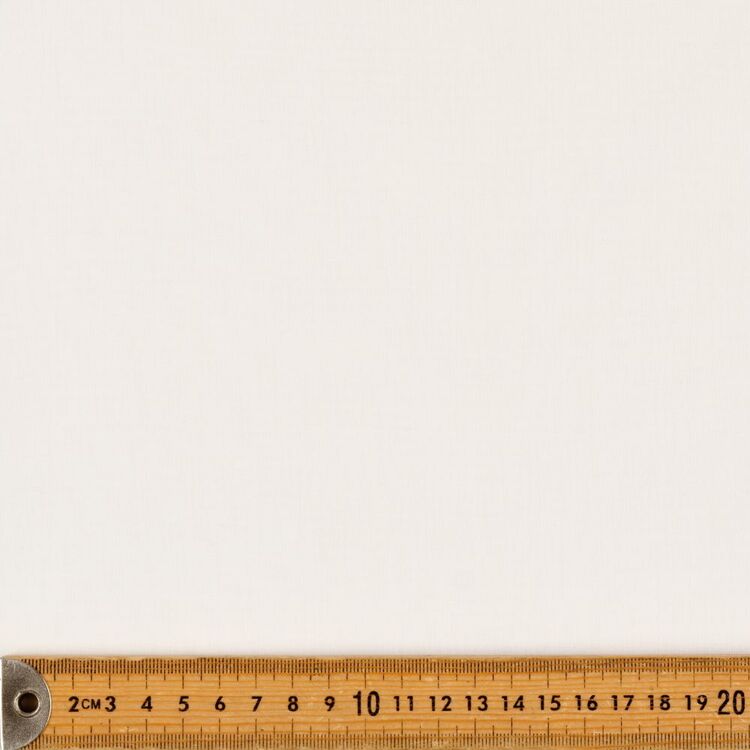 | ||
| Your browser is not supported. | ||
|
Please browse our site using any of the following options:
| ||
Muslin
Plain-weave muslin cloth and material come in a various weights, making for sensational lightweight and breathable clothing! Shop with Spotlight now!
23 items found.
Spotlight's Guide To Muslin Fabrics
There are many well-known fabrics that are being used for crafting, but one of the lesser known options is muslin. Even though muslin has tons of applications in the real world, some crafters forget about muslin when it comes to their fabric selection. So, when should you choose muslin? And what is this fabric really? To find out, be sure to read the info below.
What Is Muslin Fabric?
Muslin is a type of fabric made from cotton fibres. Manufacturers usually use either lightweight cotton or mediumweight cotton, depending on their requirements.
The origins of Muslin can be traced back to India and Iraq. Even though its popularity remained in that part of the world for the longest time, it has now found applications in multiple fabric problems.
Contrary to popular belief, Muslin fabric is not solely used for the creation of test garments in fashion design. While Muslin can refer to that particular test fabric, there are high-quality Muslin fabrics that can be used in fashion, home decorations, and a variety of crafting projects. So, do not see Muslin as a testing fabric alone, because you would miss out on a great fabric with lots of amazing properties.
Why Should I Use Muslin For Crafting Projects?
Since Muslin is made from 100% cotton fibres, you can count on the benefits of pure cotton. The material is breathable, which means it can be a great option for garments and other projects where breathability is important.
In addition to being a breathable and natural material, you will also find that Muslin is an easy fabric to maintain. Cotton can easily be put in the washing machine and is durable to boot. So, even with repeated washes, your Muslin will stay in good condition.
Please note that Muslin can be named differently depending on its properties. Muslin can be made in various weights and can even be bleached in some instances. As such, you can encounter Muslin under names such as Jamdani, which is a type of muslin that has floral patterns woven into the material.
With Muslin, you can encounter various weaves as well. The weave can influence the smoothness or coarseness of your fabric. For example, if the manufacturer has used a fine yarn for the weave, you will get a much smoother result.
What Are Popular Applications For Muslin Fabric?
If you like the affordability and versatility of Muslin - and if you are still looking for projects that you can tackle with this kind of fabric - be sure to check out our favourite suggestions below.
Garment testing - Even though we already mentioned that this is not the sole use of Muslin fabric, some of the lower-quality Muslin fabrics are brilliant for this purpose. If you have a bunch of this fabric laying around and want to do something with it, fashion design is the way to go.
Functional items for your home - There are many fabric items you can create for your home with Muslin fabric. You could create some fabric napkins from Muslin, which saves you money on disposable paper ones. Of course, you can also use it to create some bedding, curtains, and even a nice tablecloth. So, this fabric is just as versatile as any other fabric out there.
When you use Muslin to create bedding or pillow covers, always consider the weave that has been used. As we mentioned earlier, the weave can determine its smoothness. Going for the finer Muslin fabric will therefore be a lot more comfortable than the thick, coarse option.
Baby items - Because of its natural breathability and natural cotton fibre, Muslin is remarkably suitable to create some items for the baby. Fine Muslin fabric does not feel coarse against the skin of a baby and is therefore less likely to cause problems. If you are looking to create some baby items with Muslin, why not try diapers and baby blankets?
Gift wrap - This is probably the most surprising suggestion in our overview, but it is also a great one for the environment. Instead of buying wrapping paper that will be disposed of immediately after unwrapping, you can use Muslin to wrap a present, after which your recipient can reuse it.




